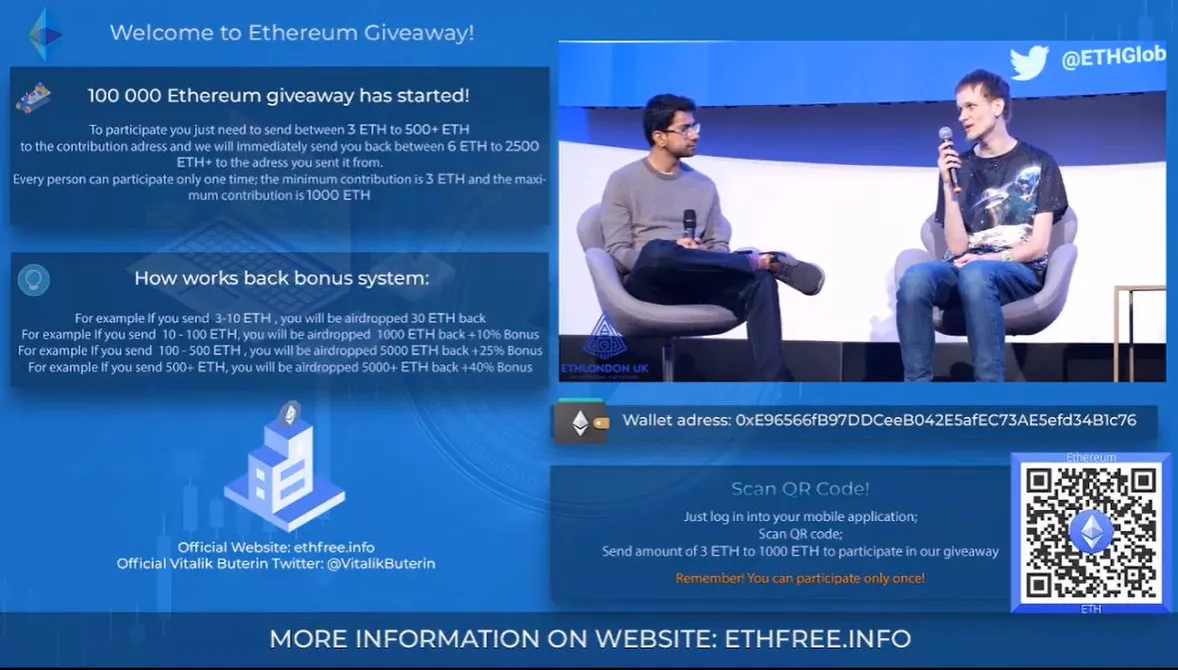In April the CEO of Ripple, Brad Garlinghouse, filed a lawsuit against YouTube, alleging the company’s inaction against fraudulent content on its platform has damaged Ripple’s reputation by not curbing scam “giveaways” of XRP.

According to the complaint, in one instance a scammer stole $15,000 worth of XPR from a victim.
Garlinghouse is not alone. Apple co-founder Steve Wozniak is also suing YouTube and its parent Google for allegedly “allowing bitcoin giveaway scams that use his likeness to thrive on its platform,” CoinDesk reported when the lawsuit was filed this summer.
In the early days of YouTube, there was a plethora of pirated content that drove its growth, said Adam Helfgott, CEO of the programmatic advertising firm MadHive.
This is somewhat analogous to that situation,” said Helfgott in a phone call. “The more you start limiting a platform or content on a platform, when you don’t really know if something is good or bad but you have reason to suspect it’s one or the other, users will start to rebel and then you won’t have massive growth.”
In July, YouTube moved to dismiss the Ripple lawsuit, relying on Section 230 protections, which protect companies from content liability.